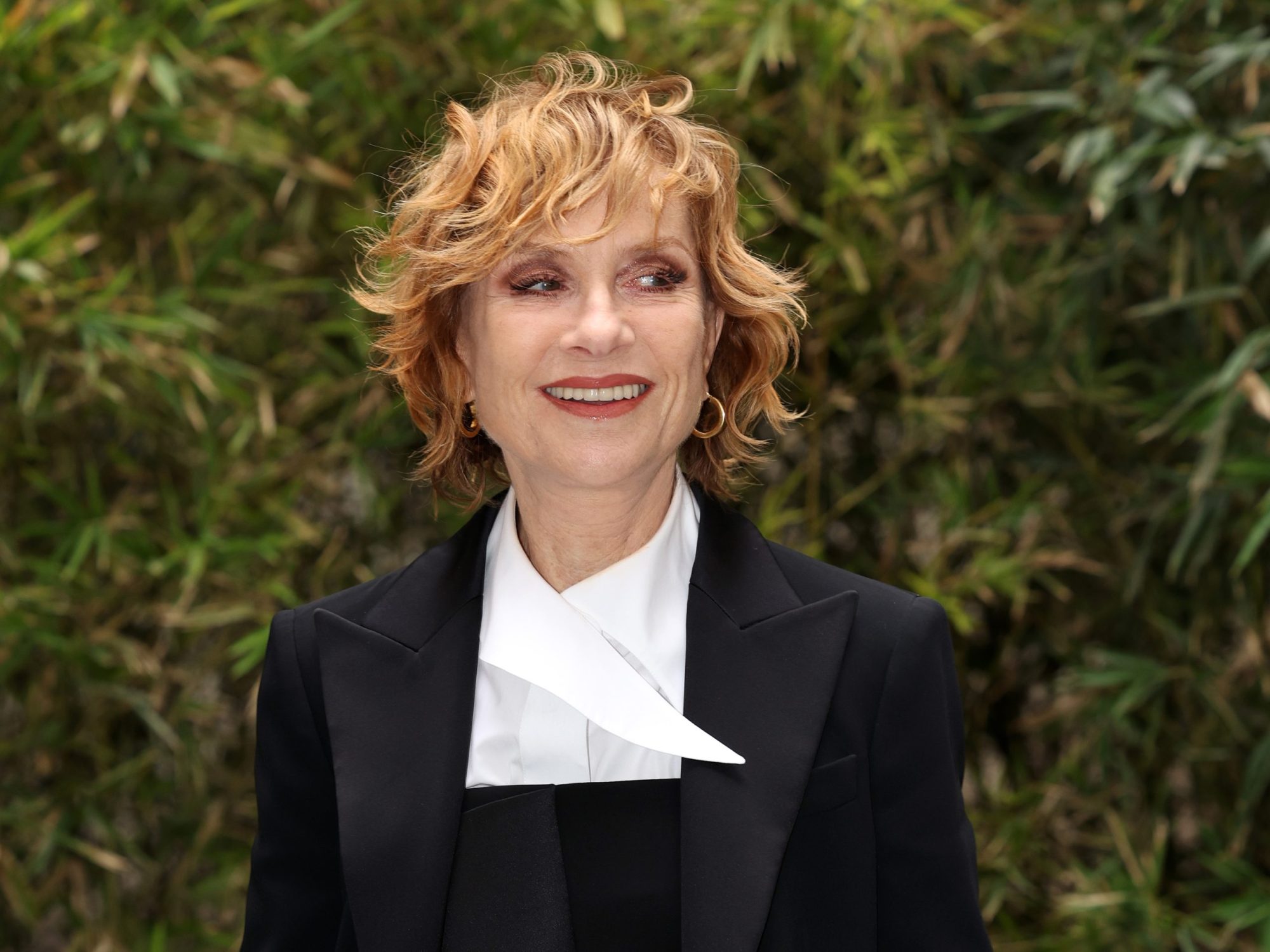
- Golden Globe Awards
Isabelle Huppert at 70: A Fearless Career
Today, Isabelle Huppert celebrates her 70th birthday. In an eclectic career spanning 50 years, she has made 125 feature films, establishing herself as one of the most versatile actresses. And just this year, she will be seen in four movies.
Born in Paris, she grew up in a well-to-do family in the bourgeois suburb of Ville d’Avray. Her mother encouraged an interest in theater, and she went to drama school, and soon, started to do some stage and television work that quickly got her noticed. She was 16. Pretty in an interesting way, she was unusually cool for her youth and wildly talented. At 19, she was Romy Schneider‘s younger sister in Claude Sautet’s César and Rosalie, her second film. A series of strong supporting parts followed until she got the lead in Claude Goretta’s The Lacemaker (1977), for which she earned rave reviews.
A year later, she played the eponymous murderess character in Violette Noziere, a role for which she won the Best Actress prize at the Cannes Film Festival. During the next decade, she showed her impressive range by playing simple-minded girls, prostitutes, upper-class ladies and an abortionist in projects directed by some of the most prominent directors, from Jean-Luc Godard to Claude Chabrol, André Téchiné, Maurice Pialat, Bertrand Tavernier, Joseph Losey, Marco Ferreri, Andrzej Wajda…
She made her American debut in 1975 with a cameo in Otto Preminger’s Rosebud. Five years later, she played a brothel owner in Michael Cimino’s ill-fated Heaven’s Gate. Curtis Hanson’s Bedroom Window (1987) in which she plays an adulteress who witnesses a crime, fared better commercially. Films such as Entre Nous (1983), Story of Women (1988), Madame Bovary (1991), 8 Women (2002) and many more contributed to make Huppert one of France’s most in demand leading actresses.
Her approach to acting may strike some as unusual: even when she plays real-life characters, she foregoes research as she told the HFPA: “I think acting is more about imagination. I never do this kind of research; I’m not trying to follow certain patterns. It’s all about having a good script and having a good character, a good subject matter, and above everything having a good director. And it’s this chemistry that works or not with a director.”
It has clearly worked for her because she often likes collaborating with ‘auteurs’ – directors who do not shy away from risky subjects and storylines and tend to bring out extraordinary performances in fearless actors. And fearless is the word best used to describe Huppert. After a long and fruitful collaboration with Claude Chabrol – seven films – she found another filmmaker who she would go on to make several projects with, the Austrian Michael Haneke. What began with The Piano Teacher in 2001, continued with Time of the Wolf two years later, Amour in 2012 and Happy End in 2017, turned out to be one of the most critically lauded collaborations for both.
In 2016 she won the Golden Globe for Best Actress in a Drama for her performance in Elle, directed by Paul Verhoeven, a part that many American actresses turned down for obvious -puritanical – reasons. She played a rape victim tracking down her assailant for revenge. It was her gain: “This kind of role doesn’t scare me maybe because I don’t have problems with the kind of amorality of a story like this. That’s what I think literature and films are made for. Not always to caress people in the good sense but be a little bit uncomfortable with feelings, I think it’s exciting. When I did The Piano Teacher for example, I thought about the role as difficult [but] I never thought twice because the idea is to [have] the audience not necessarily to love the character. It’s not really my purpose that the character’s going to be loved, you know? Just to be understood.”
Her successful career is proof that this approach works for her.

